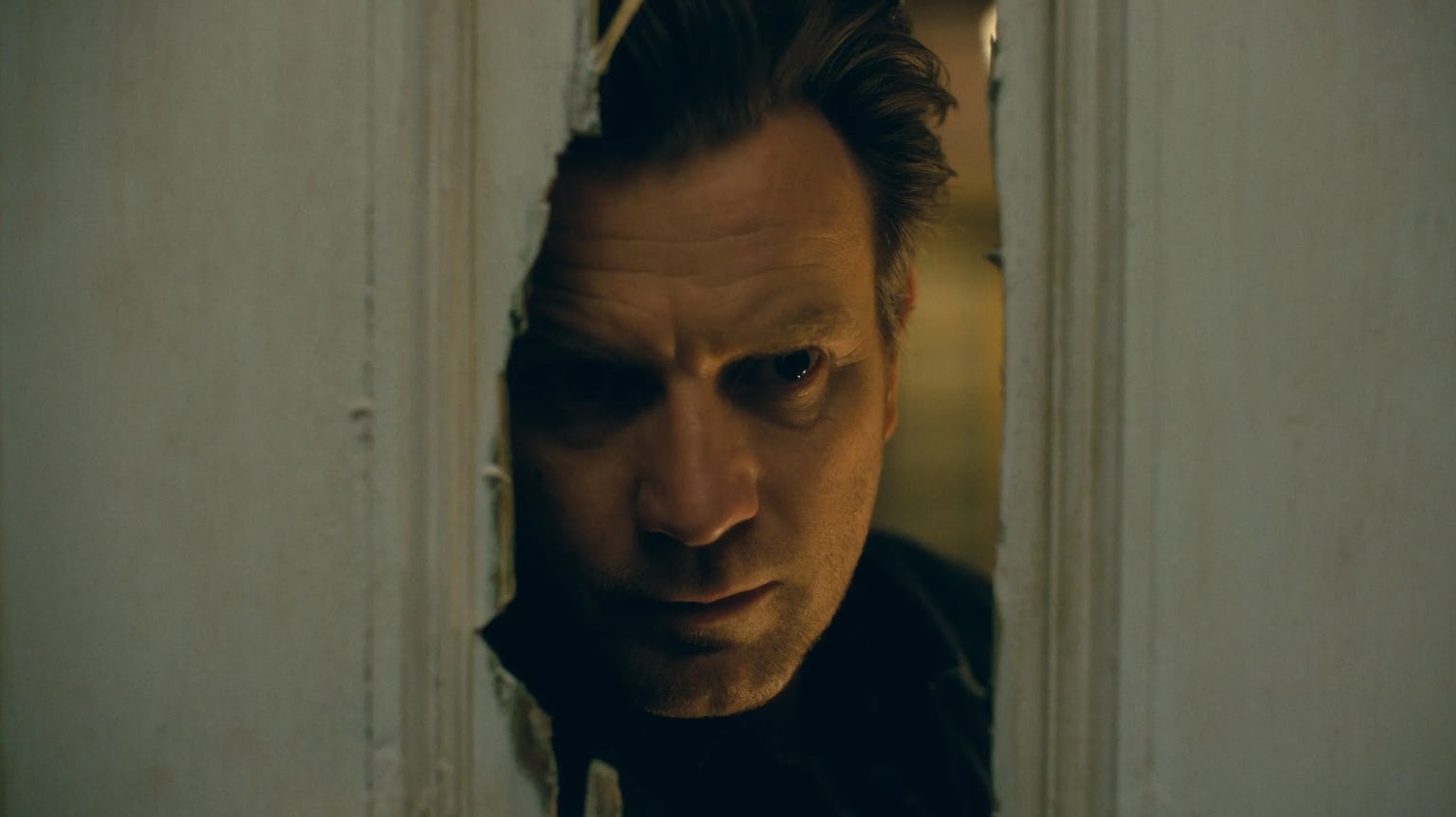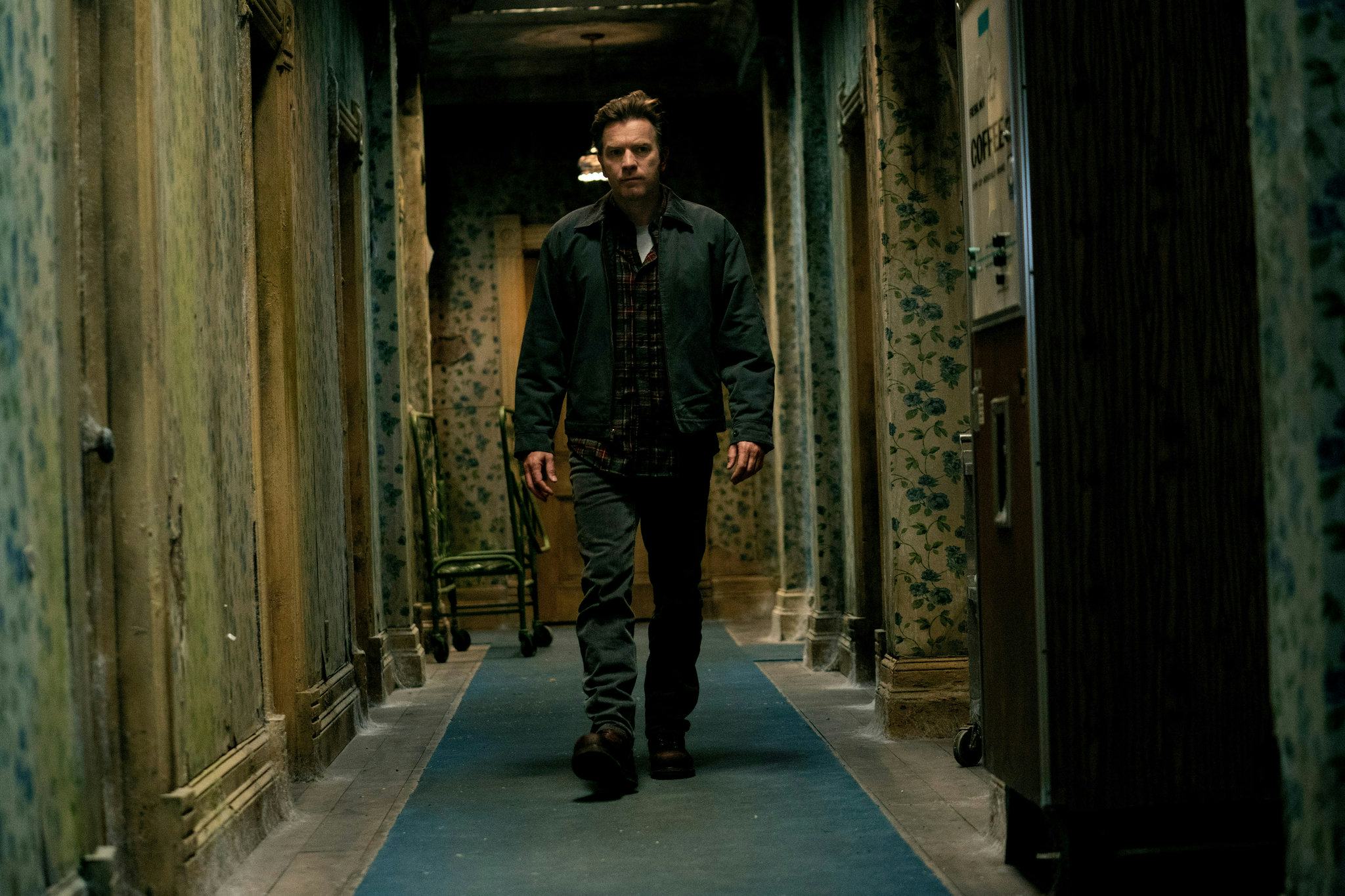
When writer-director Mike Flanagan’s Doctor Sleep — adapted from Stephen King’s 2013 novel — came out five years ago, it was met with resounding indifference at the box office and a mixed-to-positive critical response. But a rewatch reaffirms that it’s one of the best recent King adaptations, partly because Flanagan managed to pull off a trick that sounded impossible.
King’s book is a sequel to one of his all-time classics, 1977’s The Shining. Flanagan’s movie serves not just as an adaptation, but also as a follow-up to Stanley Kubrick’s 1980 film version. Considered one of horror’s landmark films, The Shining was famously dismissed by King, who didn’t care for Kubrick’s chilly interpretation (in fact, he disliked it so much that he wrote and produced his own TV miniseries in 1997).
Kubrick’s film departs from King in several significant ways, while Doctor Sleep follows the continuity of King’s original story. The challenge for Flanagan was adapting it for the screen while placing it inside Kubrick’s universe, the iconography of which has become far more ingrained in pop culture. And Flanagan did so brilliantly, making a movie that was not only largely faithful to King's book, but equally respectful to both King and Kubrick’s Shining.
Doctor Sleep follows up with Danny Torrance, the little boy whose powerful psychic ability (his “shining”) activates the malignant entities inhabiting the Overlook Hotel during that fateful winter when Danny’s dad, Jack, worked there as a caretaker. Now an adult, Dan (Ewan McGregor) has become a drifter, drowning himself in alcohol to dull his powers while still pursued by his own demons and the ghosts of the Overlook.
Finally sobering up and getting back on his feet in a small New Hampshire town, Dan finds himself psychically connected to Abra (Kyliegh Curran), a little girl whose “shine” is even more powerful than his. But her power also draws the attention of a clan of psychic vampires known as the True Knot, who feed off the “steam” generated by people who shine as they’re tortured. Their queen, Rose the Hat (Rebecca Ferguson), becomes obsessed with capturing Abra, leading to a showdown between Rose and the Knot on one side and Dan and Abra on the other.
Besides the usual streamlining for the screen, Doctor Sleep largely stays true to King’s book. But while King set the final battle between Rose, Dan, and Abra on the now-empty grounds where the Overlook once stood (King blew it up at the end of The Shining), Flanagan’s film sets it in the long-abandoned hotel, left standing by Kubrick’s film, where Flanagan recreates Kubrick’s sets and the spirits that live there.

This is how Flanagan wed the imagery of Kubrick’s Shining, which he admitted he couldn’t get past (“When I read Doctor Sleep, all the images in my head were Kubrick's images,” he told Entertainment Weekly), with the ending of Doctor Sleep, while also giving Dan a chance to redeem himself and his father by blowing up the hotel’s boiler, indirectly restoring King’s end to The Shining. He also defeats Rose and saves Abra, although Dan survives in the novel while sacrificing himself in the film.
Flanagan’s fusion of Doctor Sleep with both versions of The Shining redeems the more ambiguous — some would say frustrating — ending of Kubrick’s film. There’s also closure for Dan Torrance, who, in Flanagan’s biggest and not quite successful gambit, interacts with the ghosts of his mother and father, played here by Alex Essoe and Henry Thomas.
The film also addresses a deep emotional component of both novels: the alcoholism that Dan seemingly inherits from his father. While given lip service in Kubrick’s film, it’s a major aspect of King’s books (King, a recovering alcoholic, based Jack Torrance’s struggle on his own) and an important element of Flanagan’s movie. Here too, Flanagan merges the literary and cinematic Shining together, retroactively deepening the tragic onscreen relationship between Dan and Jack.
One viewer in particular was pleased with the results. “[Flanagan] managed to take my novel of Doctor Sleep, the sequel, and somehow weld it seamlessly to the Kubrick version of The Shining, the movie,” Stephen King told EW. “So, yeah, I liked it a lot.” Mike Flanagan somehow managed to “reconcile that gulf of distance,” as he put it, between the two versions of The Shining in a sequel worthy of all its source material, which is a considerable triumph for a movie that involves psychic vampires.







